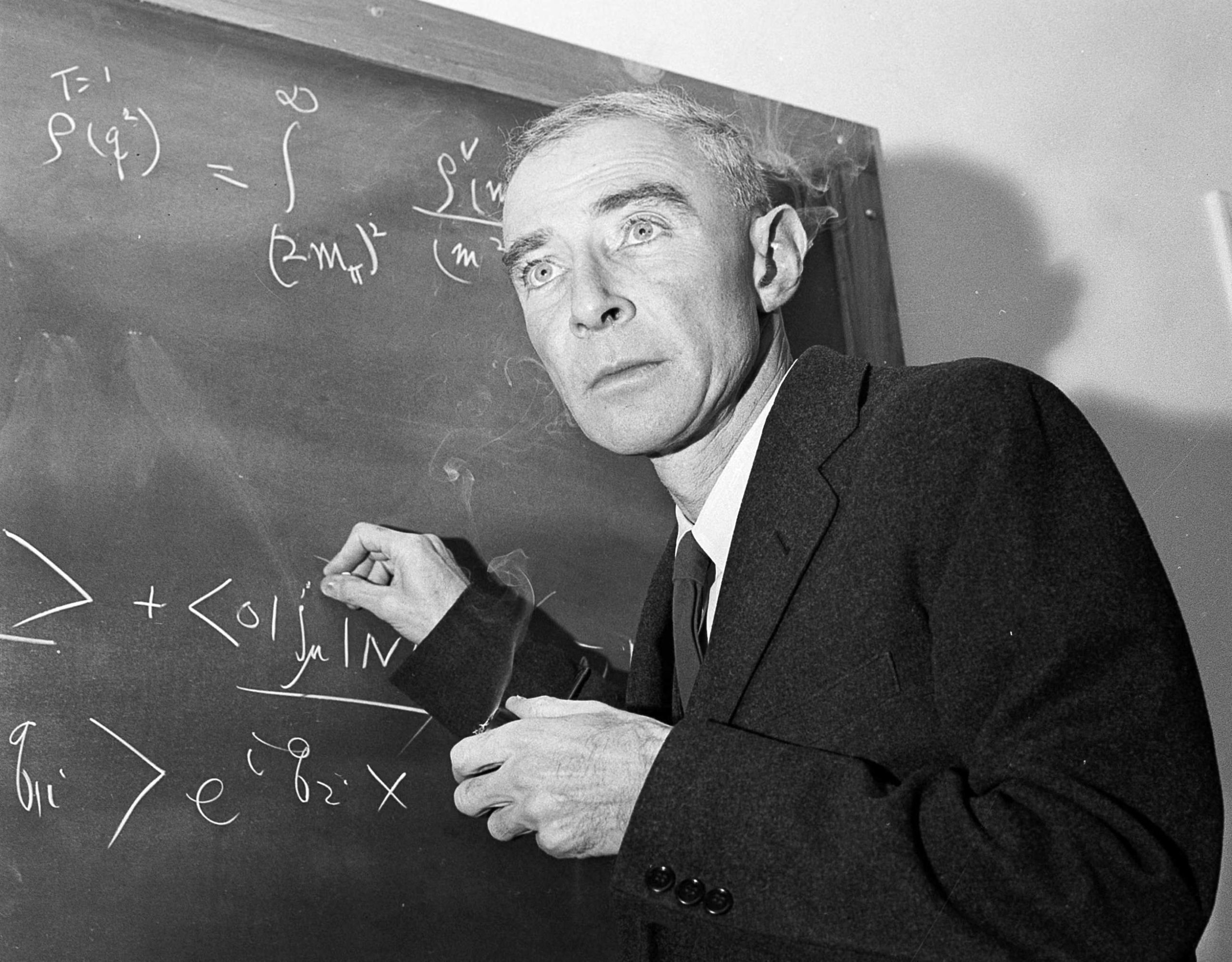The father of the atomic bomb, Julius. Robert Oppenheimer was a well-known physicist and an important player in the creation of nuclear weapons during World War II. Significant accomplishments throughout his life and career were evident, but because of his relationships with those who supported communist objectives, he was also the subject of scrutiny and questions about his allegiance to the United States. For those seeking a thorough exploration, here is a comprehensive guide with all the essential information you require!
Oppenheimer (“father of the atomic bomb”) was a key asset in the country’s efforts during the war due to his role in the Manhattan Project, a top-secret U.S. government attempt to build the atomic bomb in 1942. However, concerns about his conceivable connections to Soviet espionage emerged even as the project was in progress. A G-2 officer from the United States Army accused Oppenheimer of aiding the Soviet Union’s efforts to get extremely sensitive information crucial to American security.
“Chevalier Incident” was one occurrence that increased suspicion. Oppenheimer originally neglected to alert security personnel of his buddy Haakon Chevalier’s warning that scientist George Eltenton had the capability to provide the Russians with technical information. The omission caused a stir and intensified the inquiry into his loyalties.
Leslie Groves, the head of the Manhattan Project, held tight to his conviction that Oppenheimer was a devoted American despite these worries. When Lewis Strauss, who was looking into Oppenheimer separately, asked him about the Chevalier situation, he gave him an explanation. Oppenheimer’s reputation suffered, though, when the Atomic Energy Commission ultimately rescinded his security clearance.
After a few decades had passed, in 2022, the Secretary of Energy made the decision to overturn Oppenheimer’s security clearance because the investigation against him was deemed to be defective. The action helped allay concerns about the scientist’s allegiance.
Oppenheimer was suspected of being a Soviet spy for a number of reasons, including his apparent support for communist causes and ideologies. He never joined the Communist Party formally, although he did have relationships with those who did, including his brother Frank Oppenheimer, his wife Kitty Puening, and his love interest Jean Tatlock.
In addition, some of Oppenheimer’s pupils at the University of California, Berkeley, were renowned communists. Oppenheimer acknowledged his 1930s affiliations with the Communist Party during the Atomic Energy Commission’s probe. He apparently admitted, in his security questionnaire, that he had been associated with several Communist Front organizations on the West Coast when he joined the Manhattan Project. He dismissed this assertion, calling it a half-jocular overstatement, during the security hearing.
There were still lingering questions about Oppenheimer’s possible membership in the Communist Party, according to certain informants. Although most informants just suggested that he was a “fellow traveler” with communist tendencies, the FBI never definitively proved this. Despite his ties and contacts raising questions at the height of McCarthyism and the Red Scare in the US, Oppenheimer insisted he had never been a member of the Communist Party.
Oppenheimer is regarded by historians as a prominent victim of America’s anticommunist campaign at the time. His ties to communist figures and causes were used to call into question his loyalties and raise doubts about his motivations, even if the proof of his real involvement with espionage or spying for the Soviet Union is still uncertain.
In the end, J. Robert Oppenheimer’s legacy will be defined by his contributions to the development of nuclear weapons and ground-breaking scientific discoveries, but it will also be complicated by questions of loyalty, denials, and the political environment of his day.
